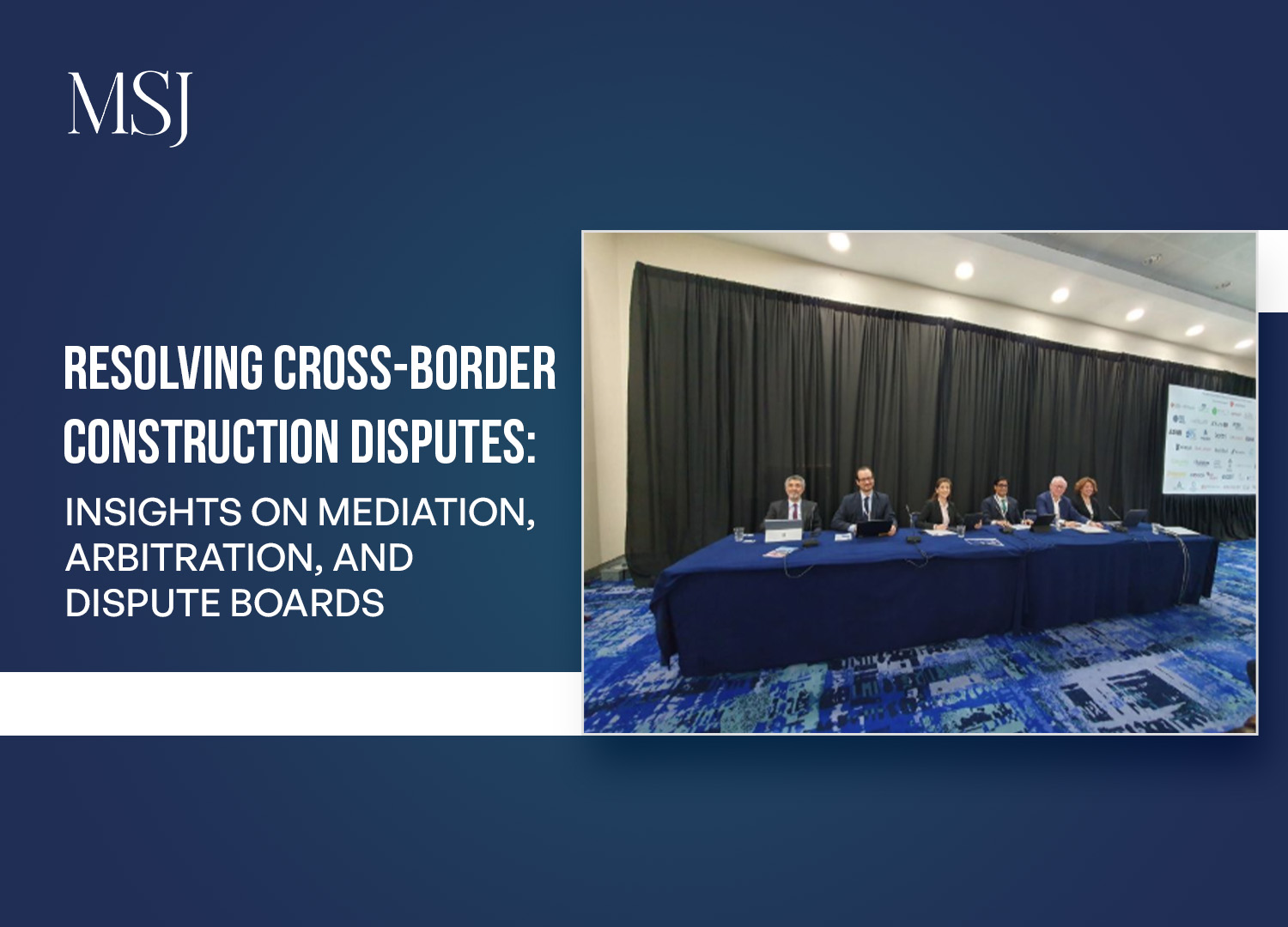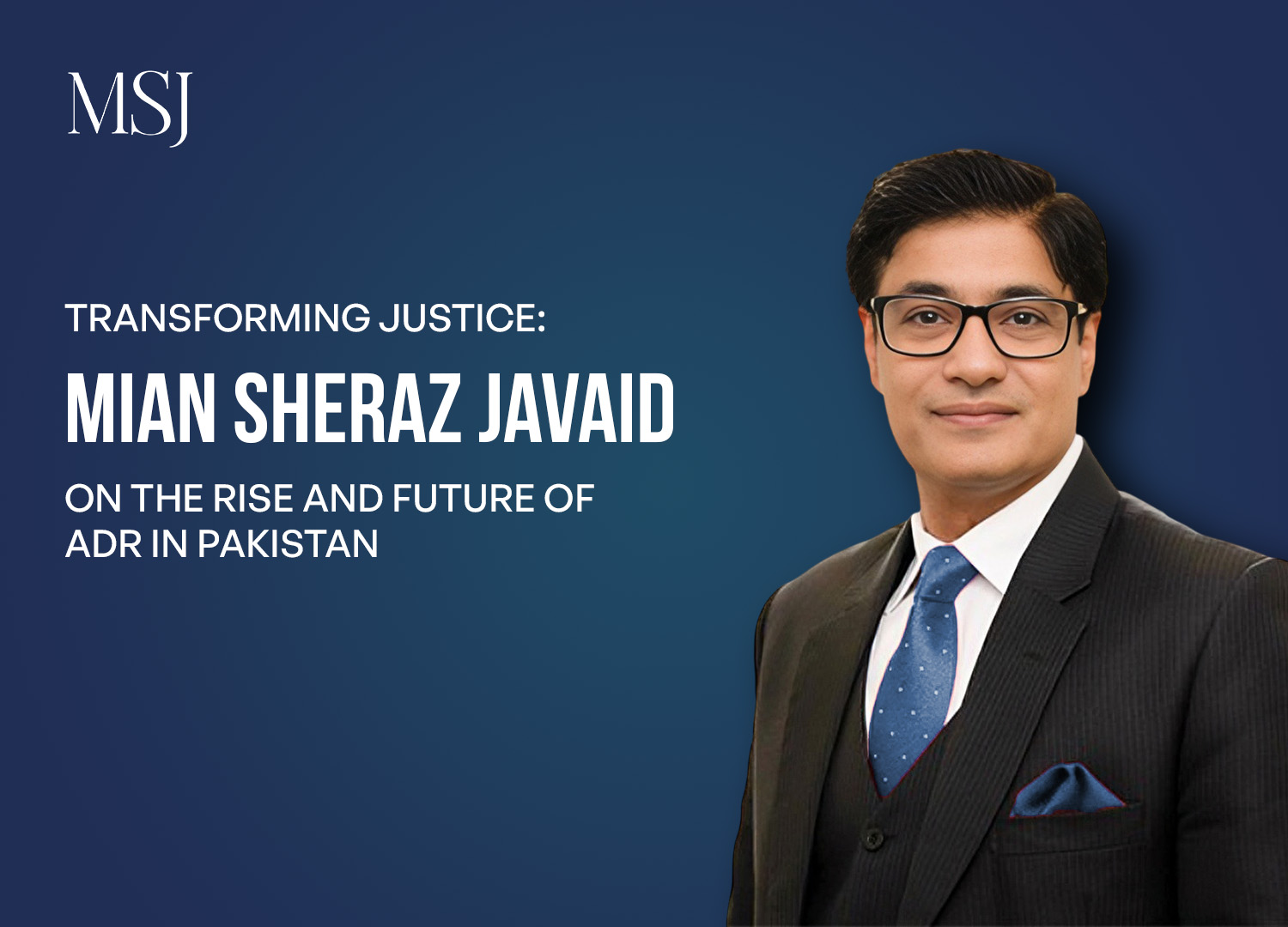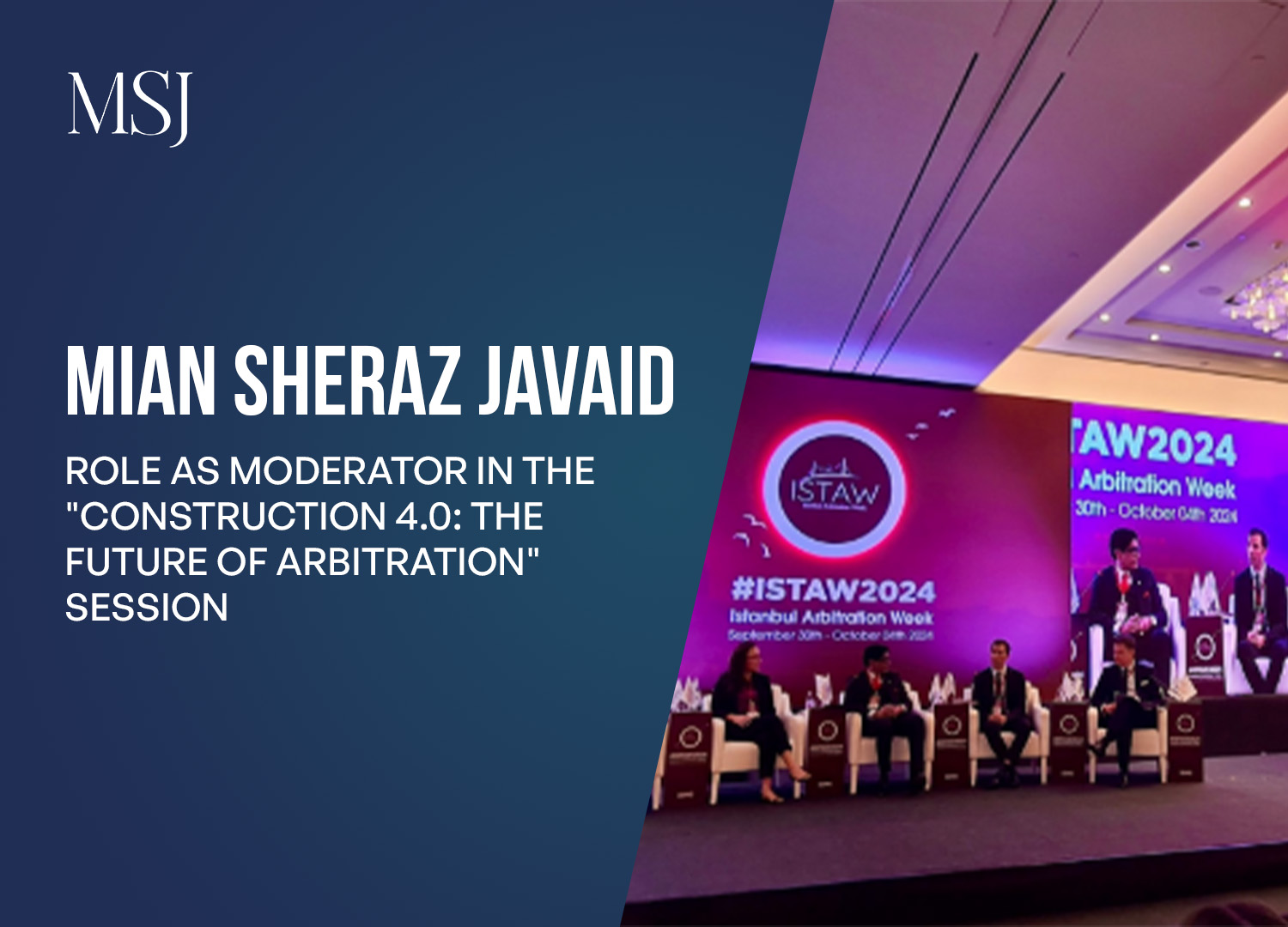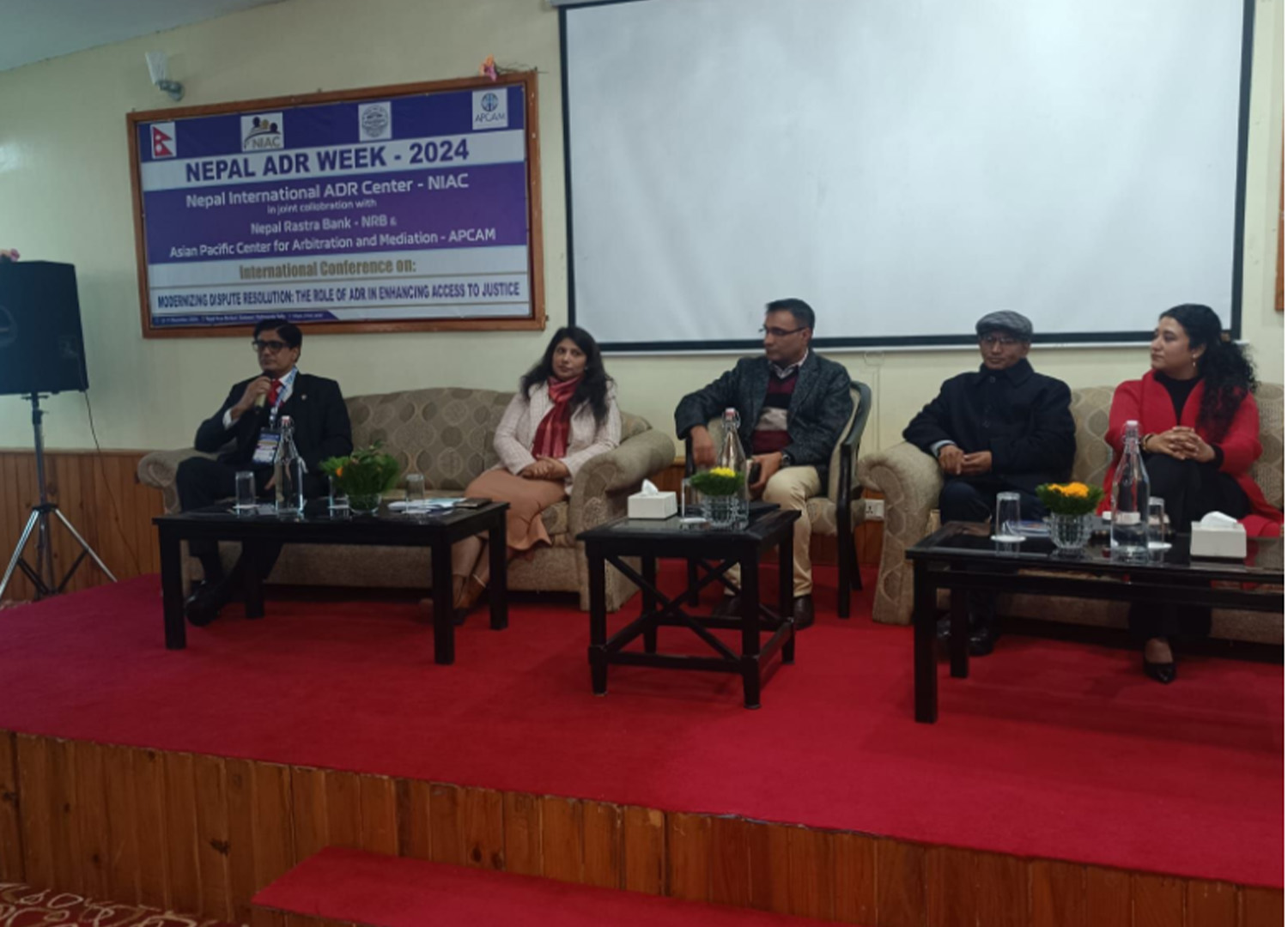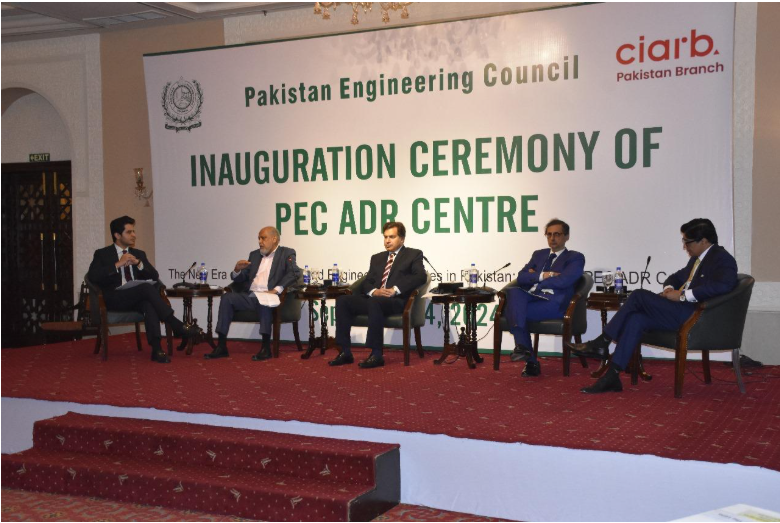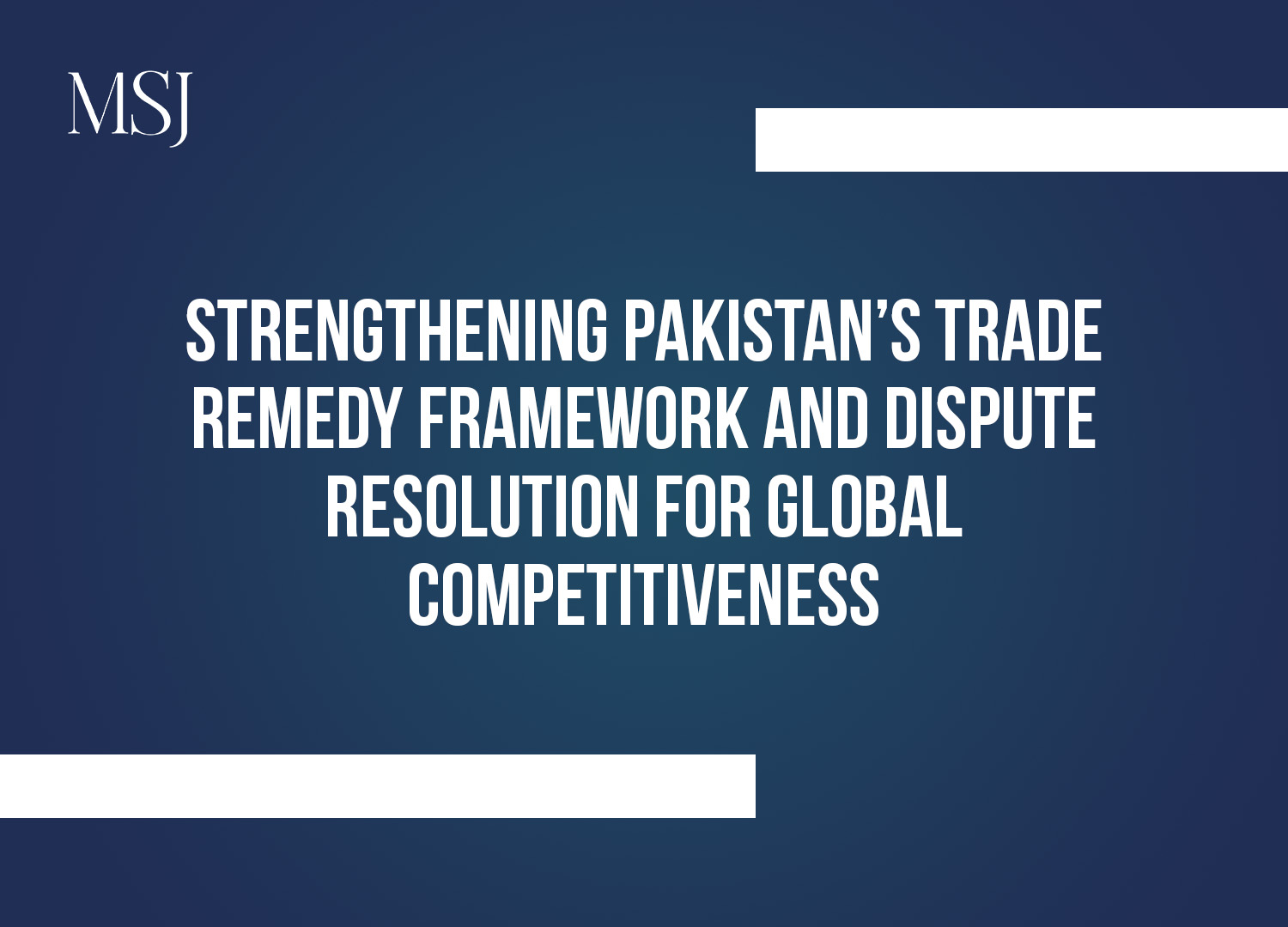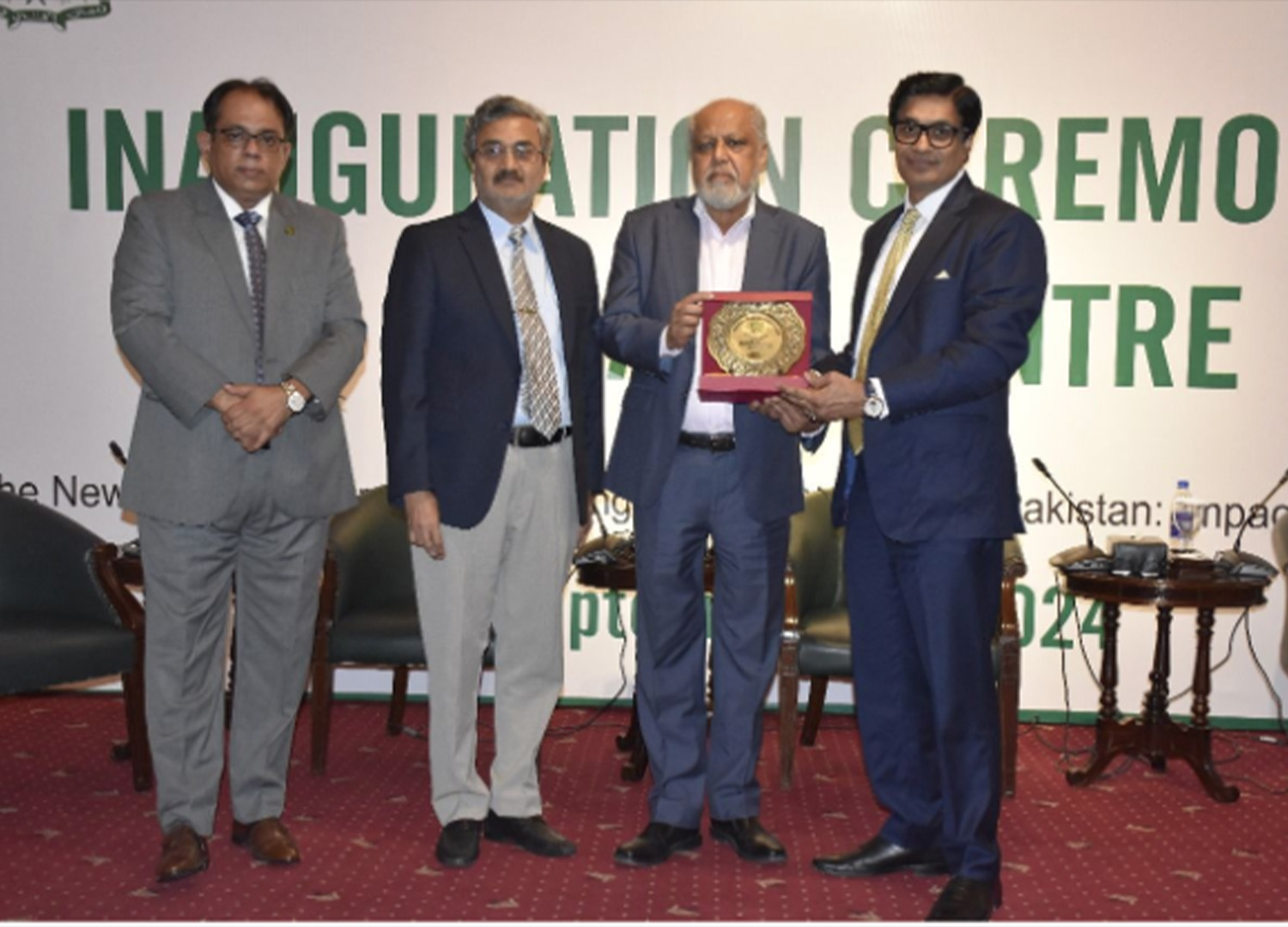MSJ Champions Regional Dispute Resolution at World Arbitration Update with Insights on CPEC Legal Architecture
Mian Sheraz Javaid (MSJ) took center stage at the World Arbitration Update, delivering a highly anticipated presentation on the China-Pakistan Economic Corridor (CPEC). As a panelist among globally recognized experts, MSJ offered a compelling exploration of CPEC’s legal and strategic dimensions, spotlighting its impact on regional dispute resolution frameworks.
CPEC: Beyond Bilateralism, Towards Regional Legal Infrastructure
MSJ opened by framing CPEC not merely as a Pakistan-China collaboration, but as the legal foundation for a broader South Asian investment corridor. “CPEC is reshaping how nations in this region will negotiate, structure, and enforce infrastructure agreements,” he remarked. “It demands a legal framework as sophisticated as its geopolitical ambitions.”
Emphasizing his deep personal and professional connection to the project, MSJ noted that CPEC has become a defining testbed for international arbitration, dispute boards, and cross-border legal harmonization.
Key Presentation Themes: Legal Infrastructure for Megaprojects
MSJ’s presentation dissected three major themes:
1.Legal and Procedural Challenges in Cross-Border Development
He highlighted the jurisdictional ambiguities and regulatory frictions that often arise in multi-country infrastructure projects. “Projects of this magnitude require contractual clarity, dispute prevention protocols, and real-time enforcement safeguards,” MSJ stated, citing real-world examples from his arbitration work across Asia and the Middle East.
2.The Role of International Arbitration and Neutral Appointments
“Neutrality is not a luxury—it is the foundation of trust in cross-border arbitration,” he stressed. MSJ championed the importance of including neutral nationals in arbitral tribunals and emphasized how institutions must curate panels with global credibility and contextual understanding of the Belt and Road Initiative (BRI).
3.Empowering Dispute Boards and Long-Term Investor Confidence
MSJ advocated for early-stage deployment of Dispute Adjudication Boards (DABs) and long-term arbitration frameworks tailored to the unique pressures of CPEC’s multi-sectoral engagements. “We must normalize proactive dispute avoidance alongside enforceable remedies,” he said. “This is how we secure investor trust—not just resolution, but assurance.”
Unlocking Appointments in CPEC Disputes
In a particularly actionable segment, MSJ outlined how international practitioners can position themselves for dispute resolution appointments under CPEC. He detailed the evolving criteria for arbitrator selection, institutional linkages, and jurisdictional alignment, urging practitioners to prepare for region-specific complexity without compromising on global standards.
This segment drew interest from lawyers, arbitrators, and ADR specialists seeking to understand how to enter the high-stakes legal ecosystem surrounding BRI projects.
Thought Leadership with Global Reach
The panel was hosted and expertly moderated by Jose Antonio Rivas, SJD, alongside Momin B. M. and María Matamala—whose collaborative effort curated what MSJ called “a spectacular dialogue at a pivotal moment for the international legal order.”
With this address, MSJ reaffirmed his standing not only as a leading authority on construction and energy dispute resolution, but as a strategic thinker shaping the future of regional legal integration across Asia.



